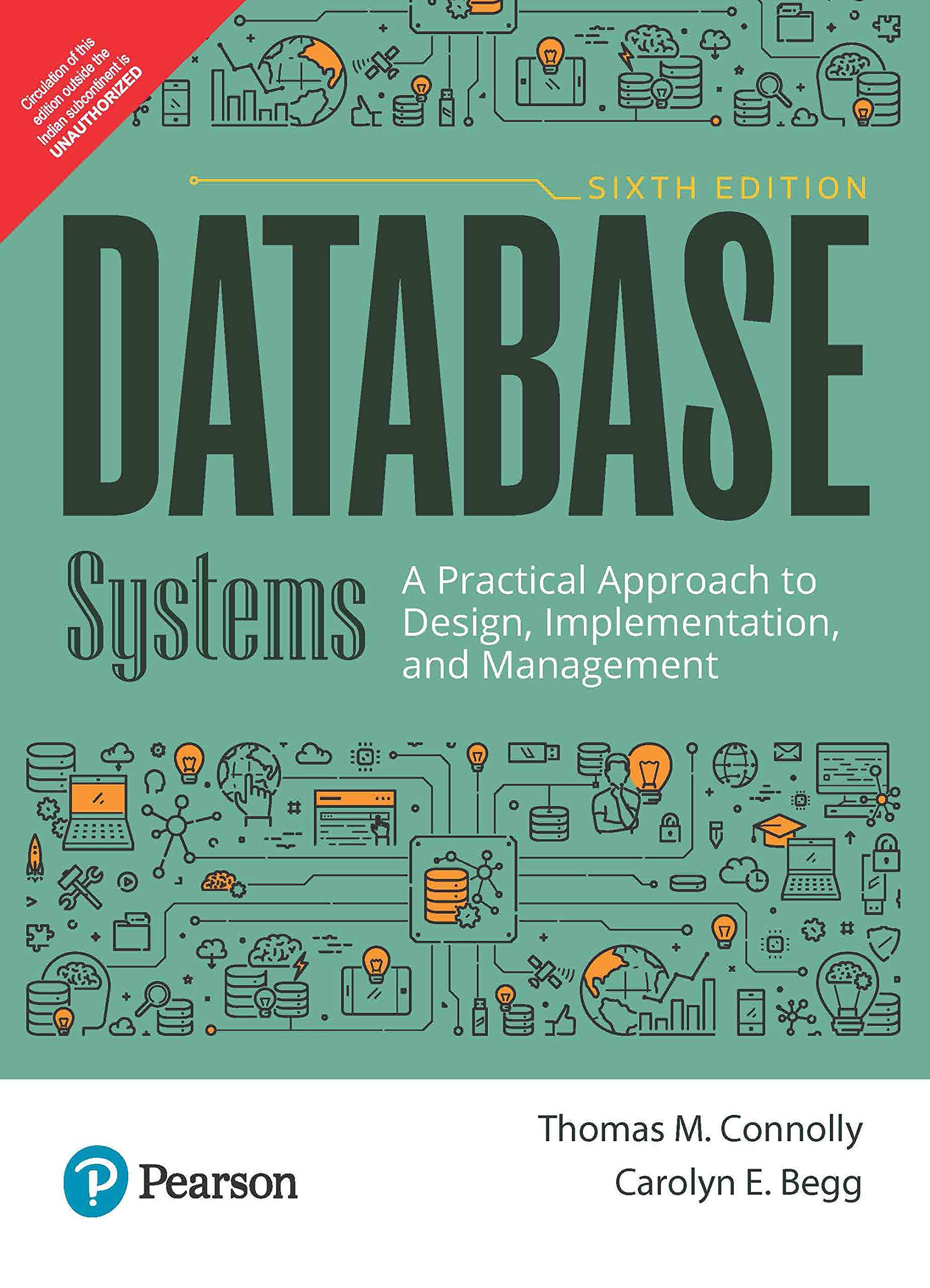
3. [3 points] For this problem, you are tasked with writing a Matlab code that visualizes the electric field for several different charge configurations. The electric field at a given point in space is defined as lo where F is the electrostatic force a "test charge" (o) would experience if placed there. Such a field is set up by the presence of a charged particle (say, of charge q) located somewhere else in space. Note that is a vector (i.e., it has both a magnitude and direction). Electric field lines help us visualize the direction and magnitude of electric fields. The electric field vector at point is tangent to the field line through that point. The density of field lines in that region is proportional to the magnitude of the electric field there. Thus, closer field lines represent a stronger field." [taken from Halliday, Resnick & Walker (10th ed.) For this problem, treat the charges as "point charges". From Coulomb's law, the electric field associated with a point charge q would be: where r is the radial distance away from the charge. When you have several charges (e.g.. a dipole) superposition applies. a. Write a code that can visualize the electric field lines for an dipole (i.e., two charges separated by a specified distance d). You should also include contour lines indicating the field strength You should submit your code, as well as several illustrative plots for different choices of assumed charged configurations (e.g., a simple dipole of a proton and electron pair, a +10 positive charge relative to a -1 charge, etc.... b. Modify your code to consider a "tripole" (i.e., three charges on an equilateral triangle, separated by a specified distance d). You should submit your code, as well as several illustrative plots for different choices of assumed charged configurations. 3. [3 points] For this problem, you are tasked with writing a Matlab code that visualizes the electric field for several different charge configurations. The electric field at a given point in space is defined as lo where F is the electrostatic force a "test charge" (o) would experience if placed there. Such a field is set up by the presence of a charged particle (say, of charge q) located somewhere else in space. Note that is a vector (i.e., it has both a magnitude and direction). Electric field lines help us visualize the direction and magnitude of electric fields. The electric field vector at point is tangent to the field line through that point. The density of field lines in that region is proportional to the magnitude of the electric field there. Thus, closer field lines represent a stronger field." [taken from Halliday, Resnick & Walker (10th ed.) For this problem, treat the charges as "point charges". From Coulomb's law, the electric field associated with a point charge q would be: where r is the radial distance away from the charge. When you have several charges (e.g.. a dipole) superposition applies. a. Write a code that can visualize the electric field lines for an dipole (i.e., two charges separated by a specified distance d). You should also include contour lines indicating the field strength You should submit your code, as well as several illustrative plots for different choices of assumed charged configurations (e.g., a simple dipole of a proton and electron pair, a +10 positive charge relative to a -1 charge, etc.... b. Modify your code to consider a "tripole" (i.e., three charges on an equilateral triangle, separated by a specified distance d). You should submit your code, as well as several illustrative plots for different choices of assumed charged configurations







